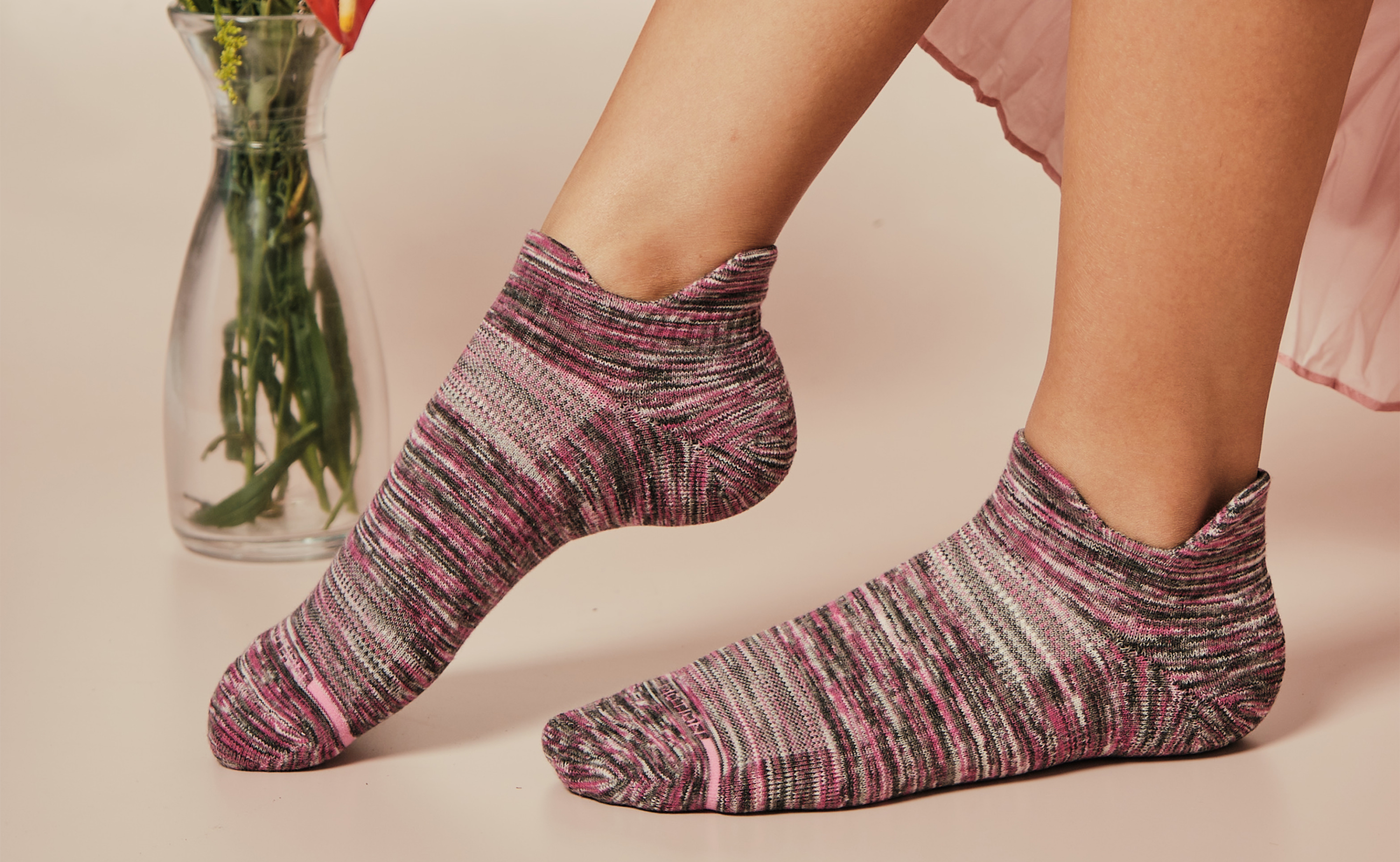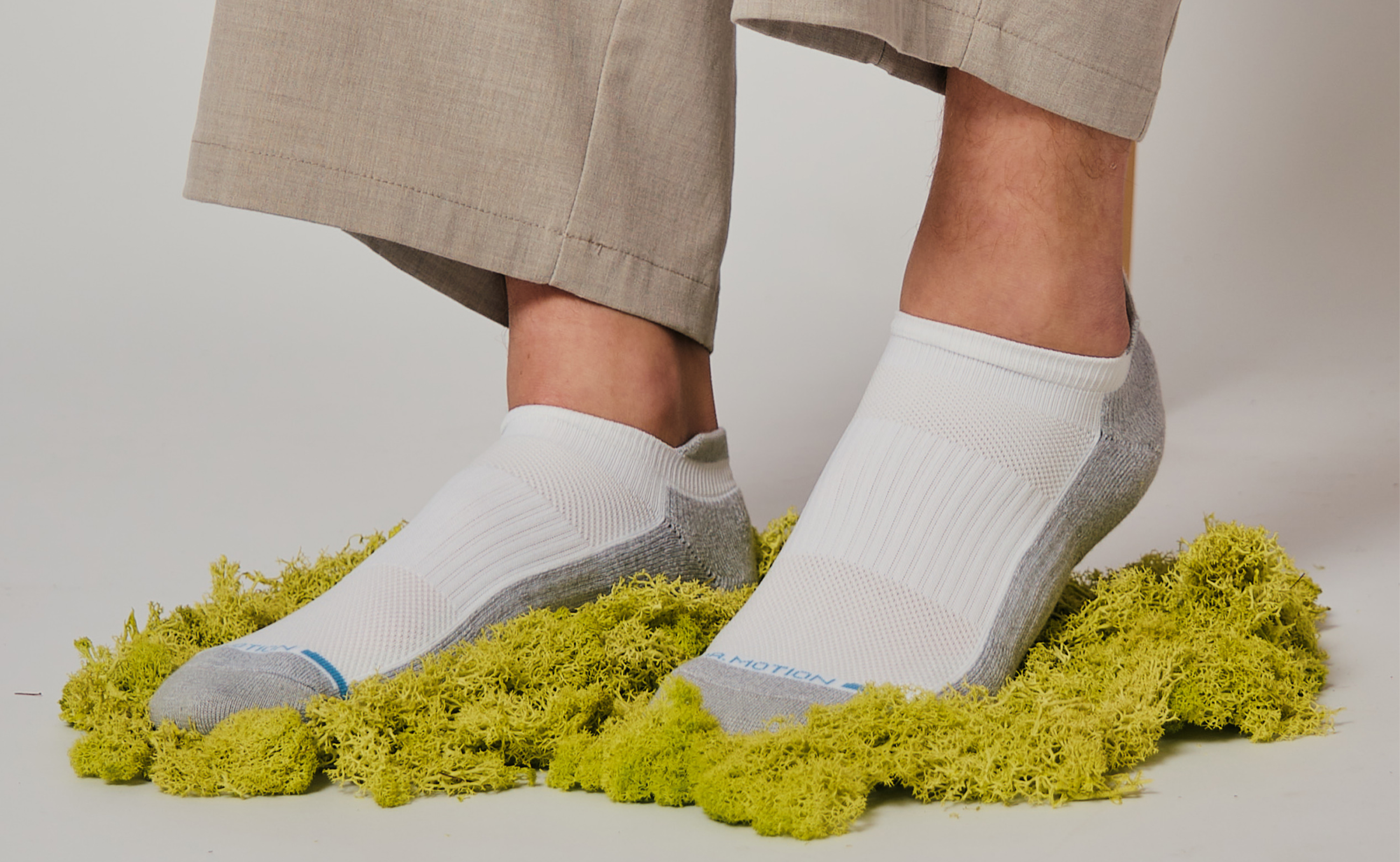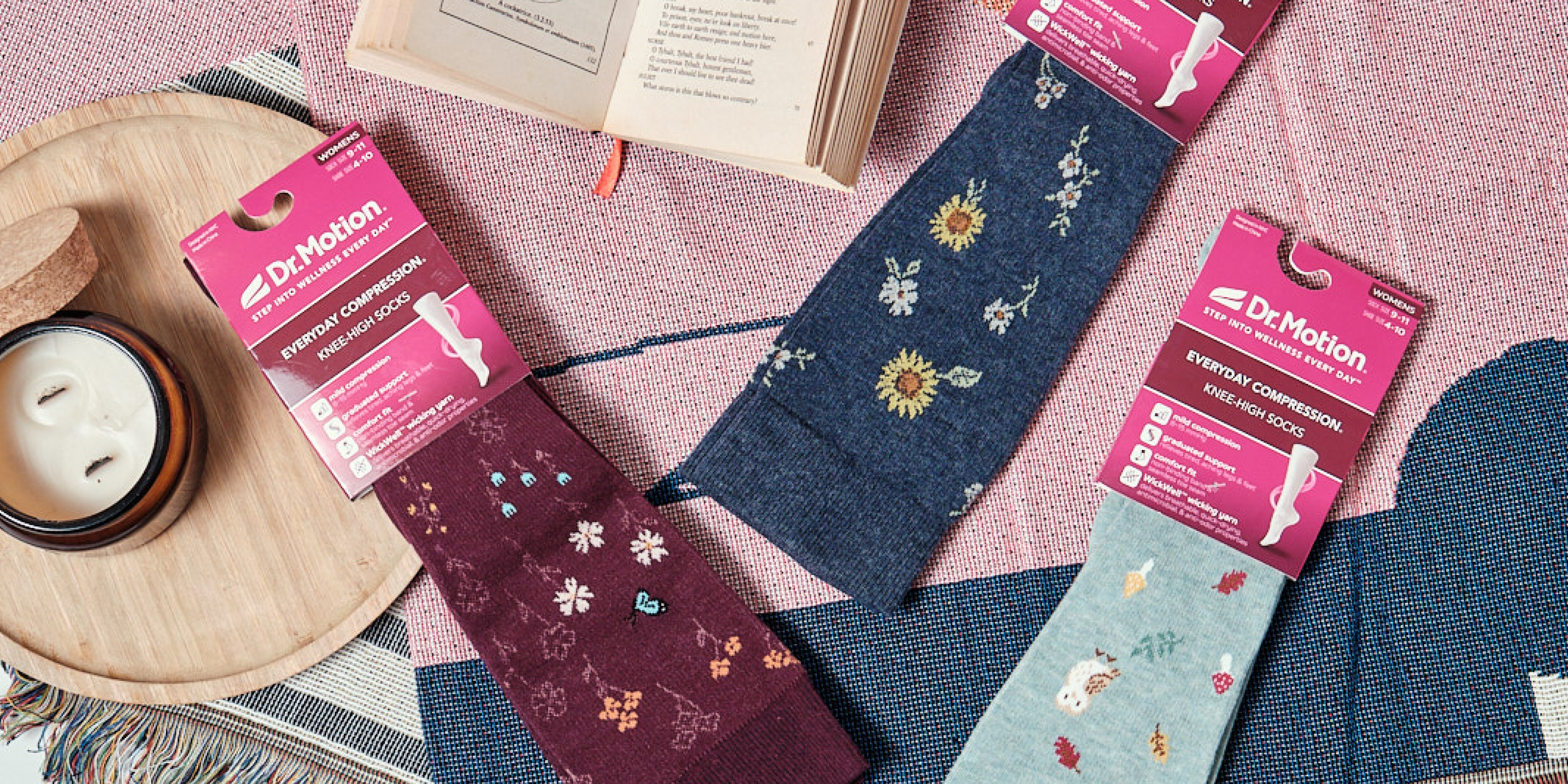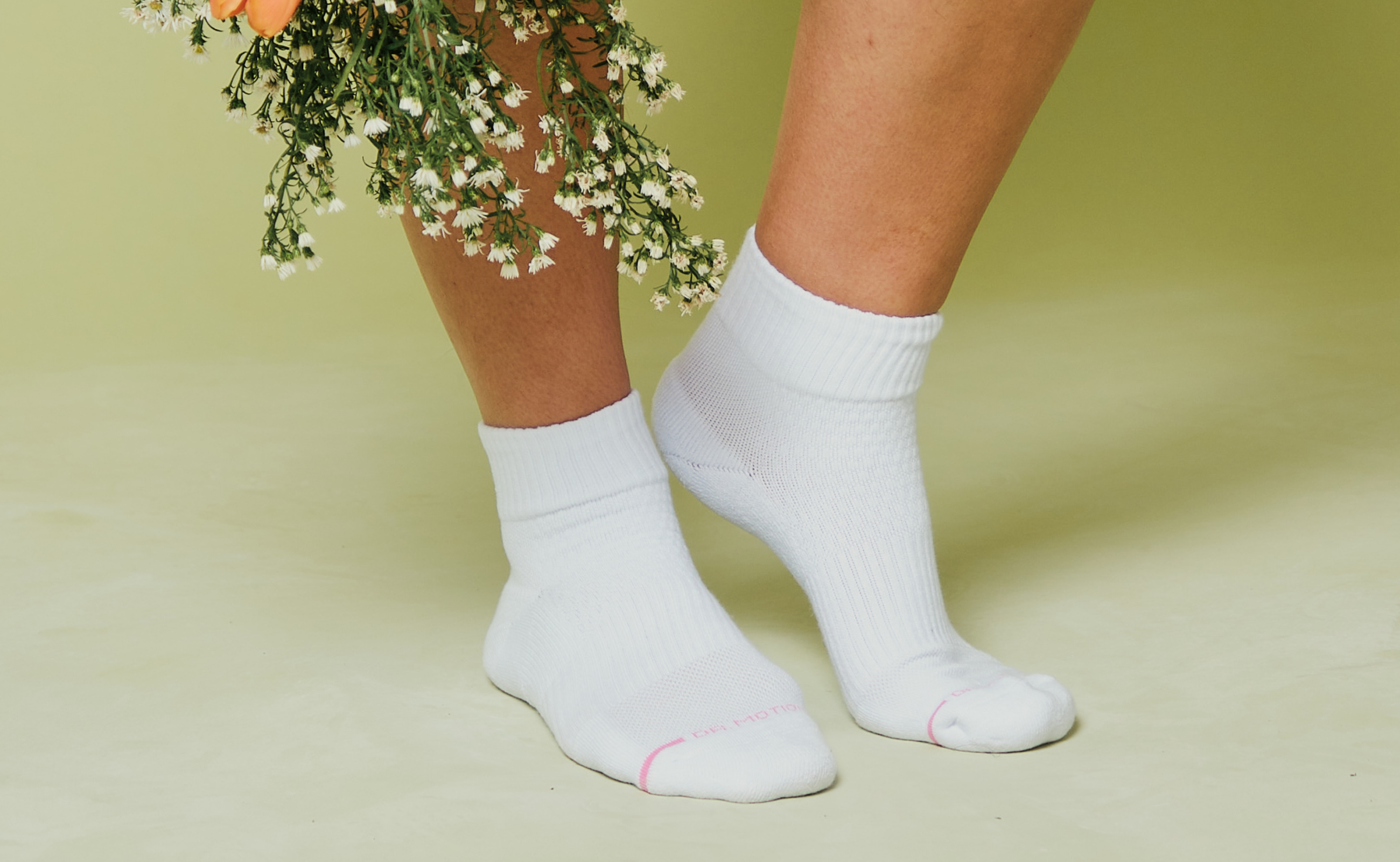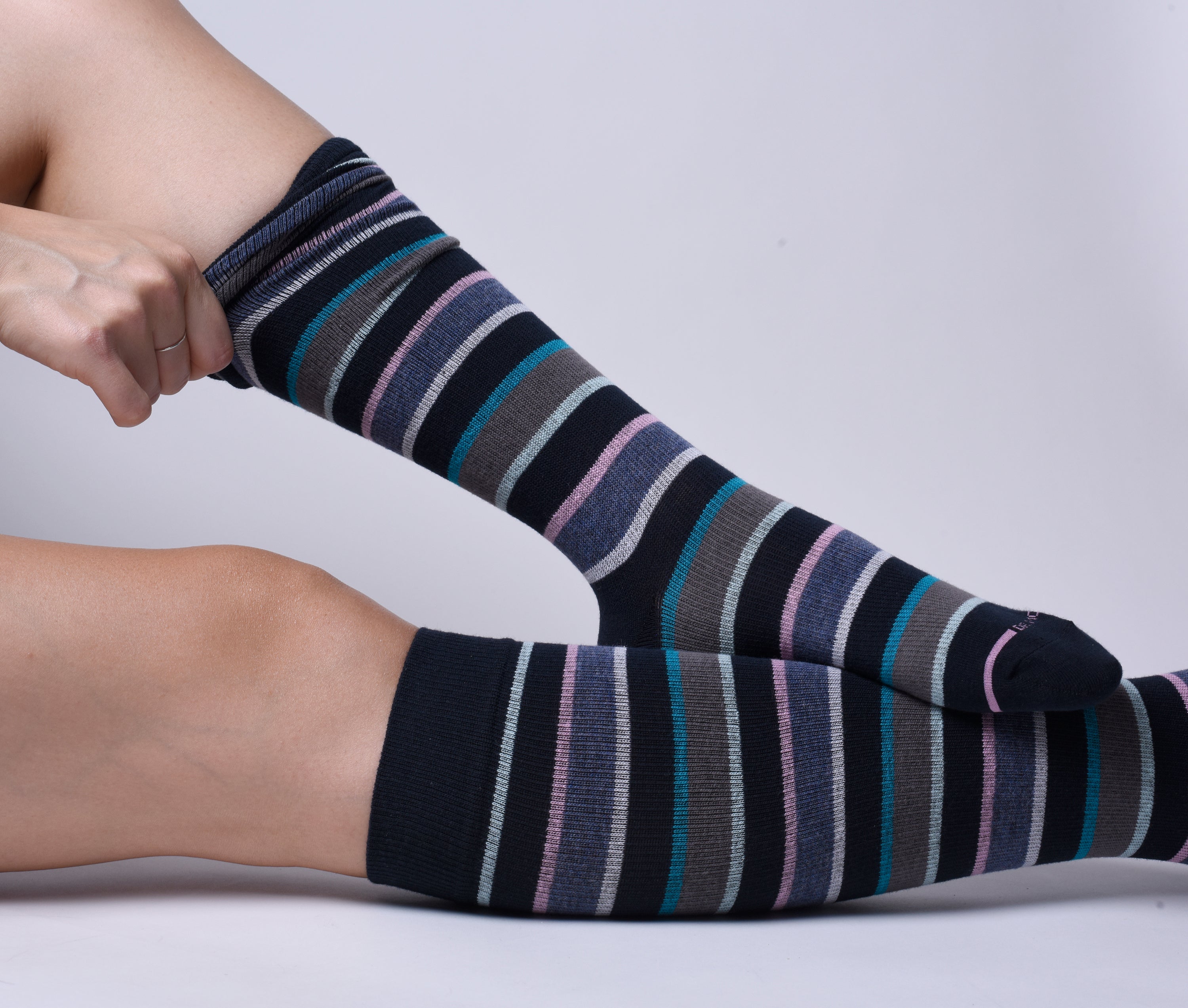Understanding and Managing Leg Pain and Cramps During Pregnancy
Pregnancy is a beautiful journey, but it comes with its fair share of discomforts—one of the most common being leg pain and cramps. Many expecting mothers experience leg pain in different trimesters, often worsening as the pregnancy progresses. While these issues are a normal part of pregnancy, understanding the causes and finding relief can make the journey much more comfortable.
This guide explores the causes of pain and leg cramps during pregnancy, how they evolve through each trimester, and practical ways to relieve them. We’ll also explore some simple lifestyle adjustments that can help reduce discomfort and promote overall well-being throughout pregnancy.
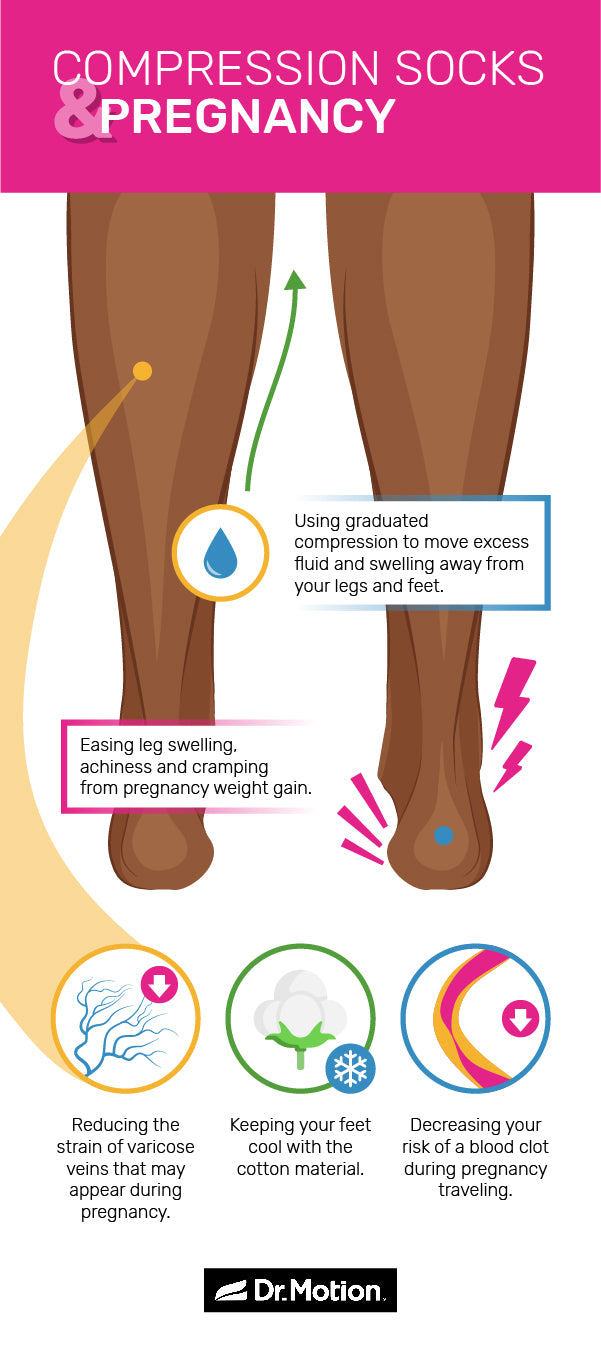
Understanding Leg Pain and Cramps During Pregnancy
Leg pain and cramps are among the most frequent pregnancy complaints, especially in the later stages. These aches range from mild discomfort to sharp, sudden cramps, particularly in the calves. While they can happen at any time of day, many women report leg cramps and pregnancy discomfort intensifying at night.
This discomfort is typically caused by a combination of factors, including increased weight, hormonal changes, and circulation issues. Additionally, the growing uterus exerts pressure on veins, making blood flow to and from the legs more sluggish, further contributing to pain and cramping. The good news is that while leg pain and cramps can be frustrating, there are ways to manage and reduce their impact.
Why Does Leg Pain Happen During Pregnancy?
Each trimester brings different changes to the body, and leg pain can vary depending on the stage of pregnancy.
-
First Trimester Leg Pain
During the first trimester, hormonal fluctuations play a significant role in leg discomfort. Increased levels of progesterone cause muscles and ligaments to loosen, sometimes leading to mild leg aches. While not as common early on, some women may still experience leg cramps as their body starts adjusting to pregnancy. Dehydration and changes in blood circulation may also contribute to occasional leg discomfort during this period.
-
Second Trimester Leg Pain
Leg pain during the second trimester is often related to weight gain and changes in circulation. As the uterus expands, it puts more pressure on the veins in the legs, sometimes leading to swelling and discomfort. This is also the time when some women start noticing calf pain in pregnancy, especially after long periods of standing or sitting. Additionally, an increase in blood volume, which supports the growing baby, can lead to heavier legs and occasional throbbing pain.
-
Third Trimester Leg Pain
Leg pain in the third trimester is usually at its peak due to increased body weight, fluid retention, and pressure on the veins. Many women experience leg cramps during pregnancy’s third trimester, particularly at night. The growing baby can also press on nerves, leading to shooting pains or numbness in the legs. At this stage, swollen ankles and feet can further contribute to leg discomfort, making movement more challenging. Some women may also experience restless leg syndrome, an uncontrollable urge to move the
Other Common Leg Struggles During Pregnancy: Cramping
While general leg pain is common, cramps can be particularly frustrating. Pregnancy calf cramps often occur suddenly, leaving expectant mothers feeling a sharp pain in their lower legs.
-
Pregnancy Calf Cramps
One of the most common leg-related issues in pregnancy, calf cramps happen due to muscle tightening, poor circulation, or dehydration. These cramps can strike unexpectedly, particularly at night, making restful sleep difficult. Additionally, a deficiency in key minerals like calcium and magnesium can contribute to the frequency of calf cramps during pregnancy episodes.
-
Calf Pain During Pregnancy
Unlike cramps that come and go, calf pain during pregnancy can be more persistent. This discomfort is often linked to muscle strain, weight gain, or changes in walking posture. It can also be aggravated by wearing unsupportive footwear. In some cases, poor circulation and prolonged inactivity can lead to deep, aching sensations in the calves.

How to Relieve Leg Pain and Cramps During Pregnancy
While leg pain and cramps are common, there are several ways to ease the discomfort and improve circulation. Here are some effective strategies:
-
Stay Hydrated and Eat Nutrient-Rich Foods
Dehydration and nutritional deficiencies can contribute to leg cramps and pregnancy discomfort. Drinking plenty of water and consuming foods rich in potassium, calcium, and magnesium can help reduce the frequency of cramps. Bananas, leafy greens, dairy products, and nuts are excellent choices. Additionally, staying mindful of salt intake can help prevent excessive water retention, which often worsens leg discomfort.
-
Stretch and Massage Your Legs
Regularly stretching your legs can help prevent cramps and improve flexibility. Before bed, try gently stretching your calves and thighs. A light massage can also increase blood flow and provide relief from soreness. If cramps wake you up at night, flexing your foot upwards toward your knee may help alleviate the pain. Practicing prenatal yoga or gentle stretching exercises can further support muscle relaxation and circulation.
-
Elevate Your Legs and Take Breaks
Prolonged sitting or standing can make calf pain worse during pregnancy. Elevating your legs for short periods throughout the day can reduce swelling and improve circulation. Taking breaks to move around and avoid staying in one position for too long is equally important. If you have to stand for long hours, try shifting your weight frequently or using a footrest to relieve pressure on your legs.
-
Try Compression Socks for Extra Support
One effective way to manage cramps and leg discomfort during pregnancy is by wearing compression socks. Our pregnancy compression socks collection is specially designed to support expecting mothers with gentle, graduated pressure. They improve circulation, reduce swelling, and relieve pressure on tired legs. Plus, they’re made with breathable, non-binding fabrics and a comfort-focused design, making them ideal for daily wear—especially during long periods of sitting or standing. They also help reduce the risk of varicose veins by encouraging healthy blood flow, making them a smart and supportive choice throughout your pregnancy.
Healthy Legs, Happy Pregnancy: Finding Relief with Smart Choices
At Dr. Motion, we know that pregnancy comes with challenges, and leg pain shouldn’t be one of them. That’s why we design our compression socks to provide the gentle support and circulation boost you need. Staying hydrated, stretching regularly, and using the right support can ease discomfort and keep your legs feeling their best throughout your pregnancy journey.
If you’re experiencing persistent pain, always consult your healthcare provider to rule out any underlying concerns. But when it comes to everyday relief, we’re here to support you—every step of the way.
Disclaimer: This article provides information solely for educational purposes, including but not limited to text, graphics, images, and other materials contained herein. This article is not intended to substitute for professional medical advice, diagnosis, or treatment. Always seek the advice of your physician or another qualified healthcare provider with any questions you may have regarding a medical condition.


